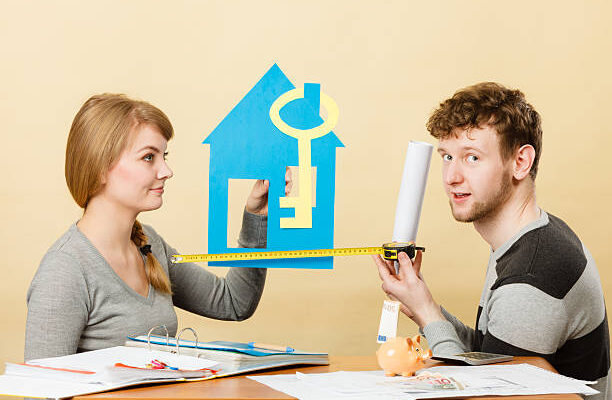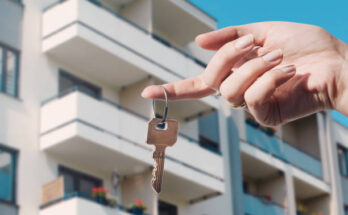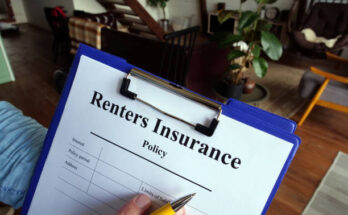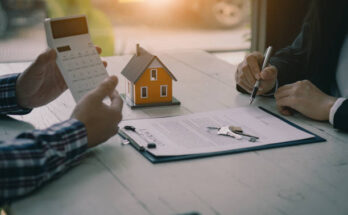The dream of owning a house is deeply ingrained in the cultural fabric of many societies. However, while homeownership brings a sense of stability and accomplishment, it is not without its drawbacks. In this article, we will delve into the disadvantages of having a house, shedding light on the less glamorous aspects of this widely cherished goal.
-
Financial Strain:
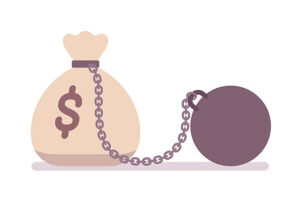 (Photo from iStock)
(Photo from iStock)
One of the most significant disadvantages of owning a house is the financial burden it can impose. Purchasing a home typically requires a substantial upfront investment, and for many, this means taking out a mortgage. Monthly mortgage payments, property taxes, homeowner’s insurance, and maintenance costs can add up, putting a strain on the homeowner’s financial resources. Unlike renting, where one can easily relocate to a more affordable place, homeowners are tied to their property and must navigate the financial responsibilities that come with it.
-
Maintenance Costs:
While owning a home provides a sense of autonomy and control over one’s living space, it also comes with the responsibility of maintenance. Regular upkeep, repairs, and unexpected issues can quickly become a drain on both time and finances. From leaky roofs to malfunctioning appliances, homeowners must be prepared to handle these unforeseen expenses, which can accumulate over time and disrupt the household budget.
-
Property Taxes:
Property taxes are a significant ongoing expense that homeowners must contend with. The amount of property tax is determined by the assessed value of the home and is often subject to change based on local tax rates. As property values increase, so do property taxes, leading to additional financial pressure for homeowners, particularly those living in areas experiencing rapid development and gentrification.
-
Market Fluctuations:
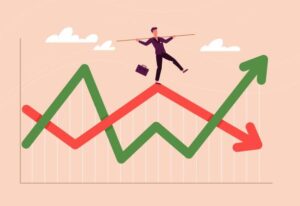 (Photo from iStock)
(Photo from iStock)
While a booming market can be advantageous for homeowners looking to sell, a downturn can lead to financial losses. Homeowners may find themselves owing more on their mortgage than their home is worth, a situation commonly referred to as being “underwater.” Market fluctuations are beyond the control of individual homeowners, making it a risk associated with owning property.
-
Limited Flexibility:
Owning a house can limit personal and professional flexibility. Selling a house can be a time-consuming process, and market conditions may not always be favourable, leaving homeowners feeling constrained by their property and unable to seize new opportunities that arise elsewhere.
-
Time and Effort:
Maintaining a house requires a considerable investment of time and effort. From lawn care to household repairs, homeowners must dedicate a substantial amount of their time to ensure their property remains in good condition. This commitment can be especially challenging for individuals with busy schedules or those who are not inclined towards DIY projects. The time spent on home maintenance could otherwise be used for personal pursuits, career advancement, or leisure activities.
-
Stress and Responsibility:
The responsibilities that come with homeownership can contribute to increased stress levels. Dealing with unexpected repairs, navigating complex legal and financial matters, and the constant upkeep of the property can be overwhelming. Renters, on the other hand, often have the luxury of passing these responsibilities onto landlords, allowing for a more carefree living experience.
-
Risk of Foreclosure:
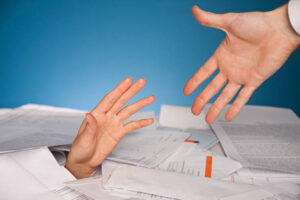 (Photo from iStock)
(Photo from iStock)
In times of financial hardship, homeowners face the risk of foreclosure. Failure to make mortgage payments can result in the loss of the home, putting the homeowner in a precarious situation. Economic downturns, job loss, or unexpected medical expenses can make it challenging for homeowners to meet their financial obligations, leading to the potential loss of their most significant asset.
-
Homeowners Association (HOA) Fees:
In many communities, especially those governed by homeowners’ associations, additional fees may be imposed. While these fees contribute to a well-maintained neighbourhood, they add an extra layer of ongoing expenses that can catch homeowners off guard.
-
Depreciation of Assets:
Over time, the assets within a house, such as appliances, fixtures, and even the structure itself, may depreciate in value. Unlike financial investments that can potentially appreciate, homeowners may find themselves facing diminishing returns on their property. This is a consideration that often takes homeowners by surprise, especially when they realize that the perceived value of their home is not solely determined by the initial purchase price.
-
Environmental Impact:
Larger homes typically consume more energy for heating, cooling, and lighting. The maintenance and renovation processes can contribute to waste generation. Additionally, the construction and maintenance of houses can contribute to deforestation and other environmental issues. Renting or opting for more sustainable housing alternatives might be more aligned with environmentally conscious living.
-
Changing Neighbourhood Dynamics:
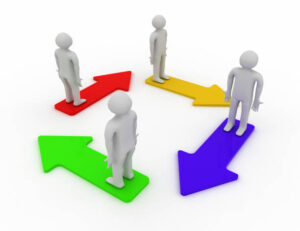 (Photo from iStock)
(Photo from iStock)
Neighbourhoods evolve over time, and the changes may not always align with homeowners’ preferences. Factors such as increased traffic, shifts in demographics, or alterations in the local infrastructure can affect the quality of life in a particular area. Homeowners may find themselves contending with unforeseen disadvantages that impact their overall satisfaction with their chosen location.
Conclusion:
While owning a house is a common aspiration. It is essential to approach homeownership with a clear understanding of its potential disadvantages. From financial commitments and ongoing maintenance to unforeseen market fluctuations. And environmental considerations, the disadvantages of having a house are multifaceted. Prospective homeowners should carefully evaluate their priorities, lifestyle. And long-term goals before making this significant investment. A nuanced understanding of both the benefits and drawbacks will empower individuals to make informed decisions. That align with their unique circumstances and aspirations.

